The Canadian government will introduce legislation next year to eradicate forced labour from Canadian supply chains, the Minister of Labour said Monday.

Seamus O’Regan Jr. made the announcement to mark the United Nations annual World Day Against Child Labour, meant to raise awareness about forced labour practices.
Human rights activists told Global News the promised legislation is badly needed and overdue, citing numerous examples of products linked to forced labour allegations in China’s Xinjiang region, which are widely available for sale in Canada.
“Canada is a dumping ground for products made by the use of Uyghur forced labour,” said Mehmet Tohti, executive director of the Uyghur Rights Advocacy Project.
The alleged culprits include one of the world’s most popular fashion brands: Shein, the Chinese online retailer, targets young shoppers with low prices and was the world’s most popular fashion brand last year.
The company is accused of making its billions on the backs of forced labourers.
“We see (the product) is cheap. It is cheap because it is made by forced labour,” Tohti said.
He accused Shein of using cotton produced in Xinjiang, where human rights groups say Beijing is conducting a genocide against Uyghur Muslims involving forced labour camps.
In a written statement to Global News, a Shein spokesperson denied the allegations.
“We take visibility across our entire supply chain seriously, and we are committed to respecting human rights and adhering to local laws in each market we operate in,” the spokesperson said.
“We have zero tolerance for forced labor. We have no manufacturers in the Xinjiang region.”
American journalist Sheridan Prasso of Bloomberg recently put Shein’s claims to the test.
“Ninety per cent of China’s cotton comes from the Xinjiang region. And so for a long time, people have suspected Shein must be using cotton from this region, but nobody had ever proved it,” Prasso told Global News.
Last year, Prasso ordered some cotton items from Shein and hired an independent laboratory in Germany to test the fabric alongside cotton from Xinjiang.
“And what it found was that the cotton from the Shein items that I ordered matched the Xinjiang cotton almost exactly. So it proved that the cotton does come from China’s Xinjiang region.”
The United States is cracking down on forced labour in its supply chain, banning all imports from Xinjiang last year, except in cases where importers can prove with “clear and convincing evidence” that the goods are not produced by forced labour.
Mexico has passed a similar law and the European Parliament wants its continent to follow suit.
But efforts to implement similar measures in Canada have hit a wall. Last year, the Federal Court rejected an application for a general ban on the Canadian importation of all goods from the Xinjiang region.
Meanwhile, Shein recently opened a 170,000-square-foot distribution facility in the city of Markham, Ont., north of Toronto, which will become its “main distribution hub in the country,” according to a company press release.
Over the weekend, a small group of protesters gathered outside the facility, calling for greater transparency from the fashion giant.
“It’s not a company that we want in our own backyard,” said protester Katie Swailes, a student at McMaster University and a member of local social justice group The Giving Tree.

The Giving Tree’s founder, Shanta Sundarason, told Global News their group was already campaigning against Shein when the retailer set up shop in their hometown.
“We were absolutely horrified, because I’m under the understanding that any goods made by slave child labour are actually prohibited from entering Canada.”
In 2020, Canada banned the importation of all items “produced, in whole or in part, by forced or compulsory labour,” under the revised free trade agreement with the U.S. and Mexico. But to date, no shipments have been seized at the Canadian border (except for one shipment that was seized and later released).
Shein is far from the only company in the activists’ crosshairs.
In a letter to the Canada Border Services Agency (CBSA), the Uyghur Rights Advocacy Project provided import records with examples of products from Xinjiang which are sold by retailers across Canada. The list of items includes red dates, gloves and tomato paste.
The tomato paste, sold by Dollarama under the ‘Tasteful’ brand, is produced by Baoding Sanyuan Food Packing. An archive of the manufacturer’s website shows that before June 2020, the company claimed its tomatoes were from Xinjiang. That potentially problematic reference has since been changed to “northwest region” of China.
In a statement, a Dollarama spokesperson said its “buyers have visited this factory in person and have received an independent third-party social audit report. Dollarama’s purpose is to provide Canadians with access to affordable, safe, quality products, but never at the expense of the dignity, safety or wellbeing of the workers in our supply chain.”
The Uyghur Rights Advocacy Project is calling on the CBSA “to re-determine the tariff classification of these importations,” arguing there is ample evidence to stop imports of tomatoes and cotton from Xinjiang under Canada’s existing legislation.
The CBSA did not respond to a request for comment from Global News for this story, but the federal agency has previously said it’s up to individual businesses to ensure their importations are not produced with forced labour.
- As Loblaw boycott begins, what to know about all the company’s brands
- Poilievre allowed back in House of Commons after getting kicked out Tuesday
- $34B Trans Mountain pipeline expansion project opens after years of construction
- N.S. man stuck abroad due to lack of available hospital beds ‘in our own province’


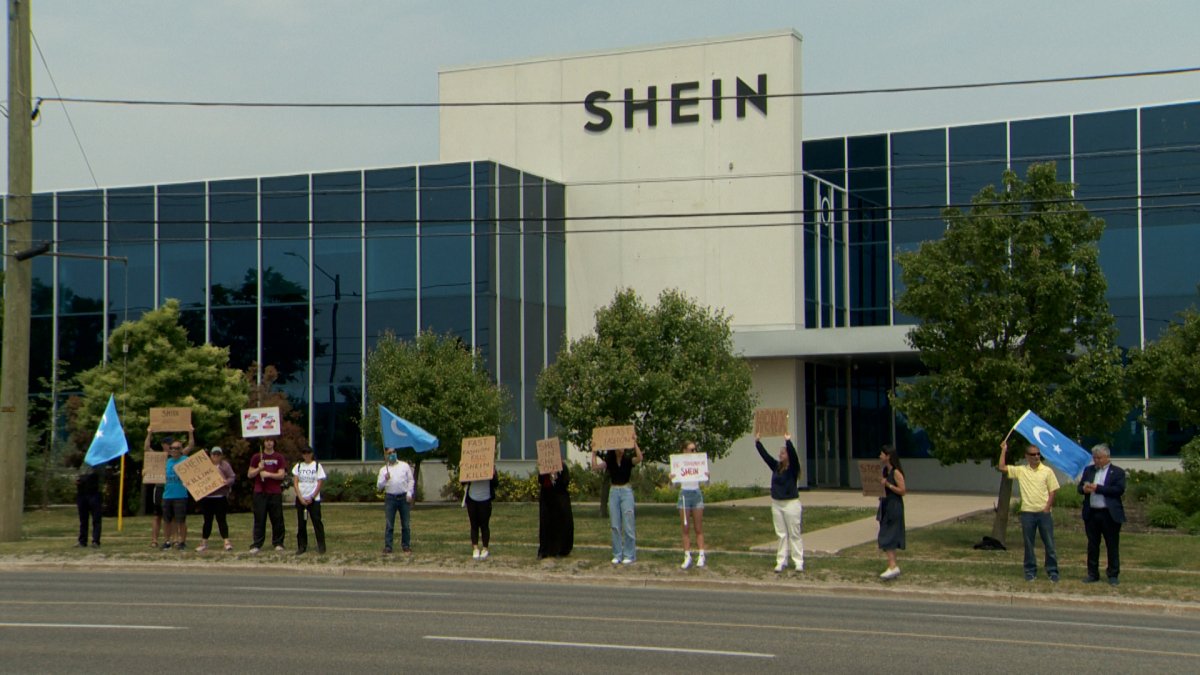
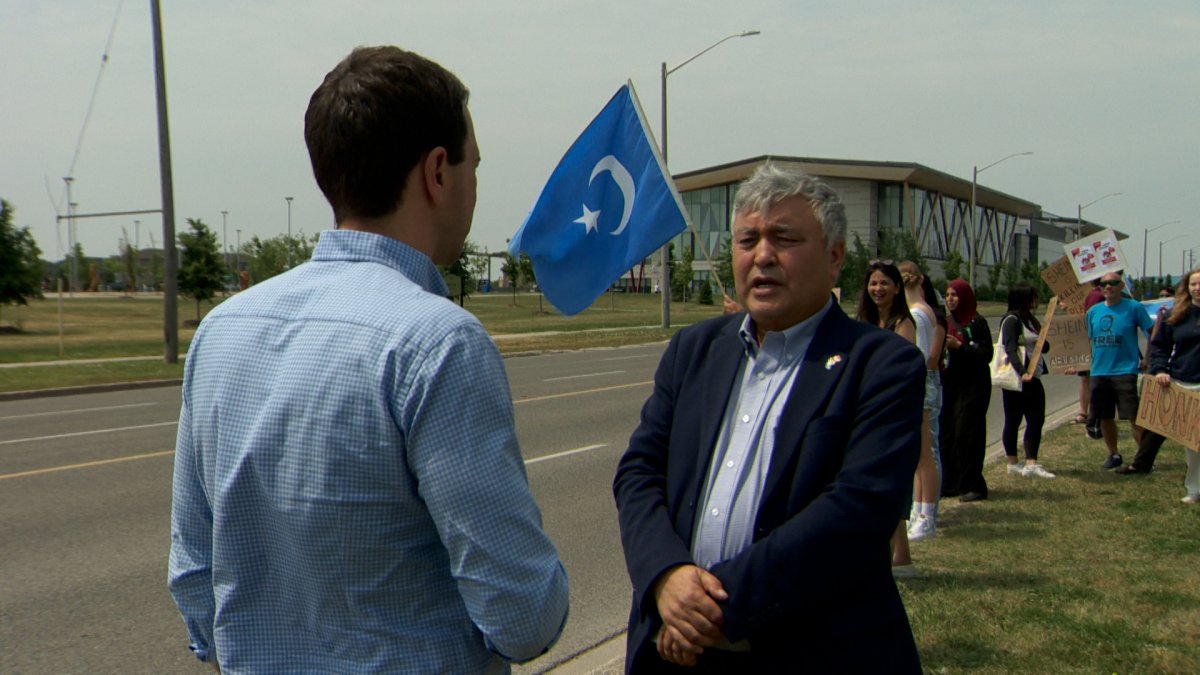
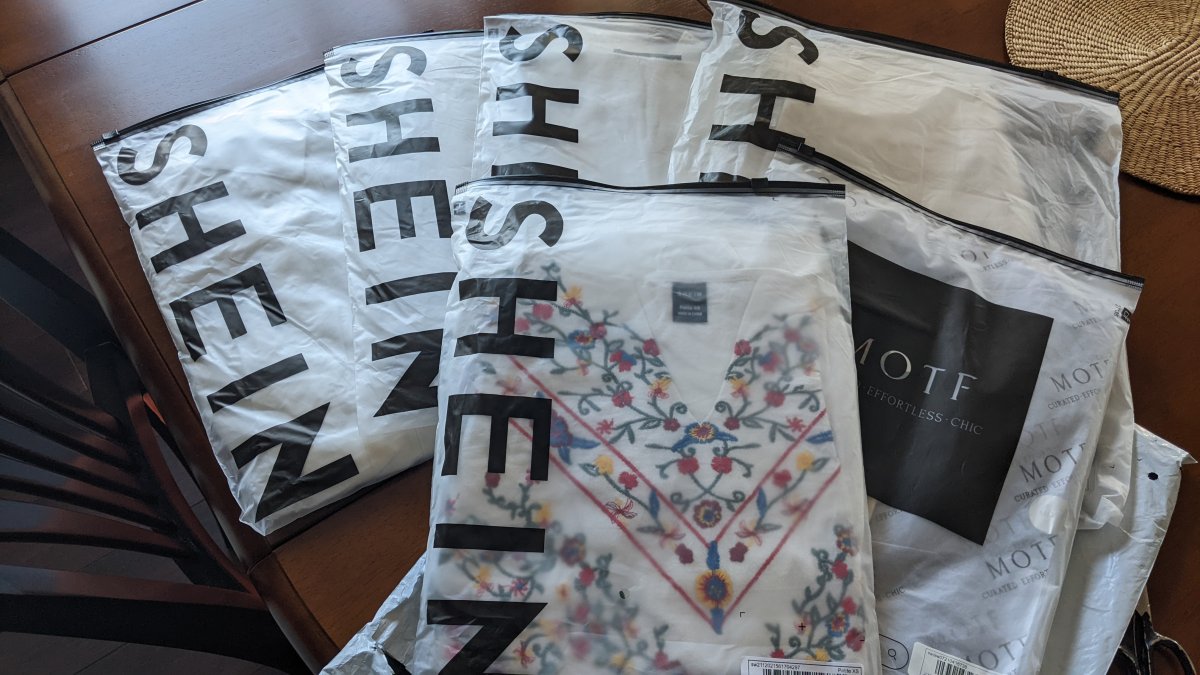
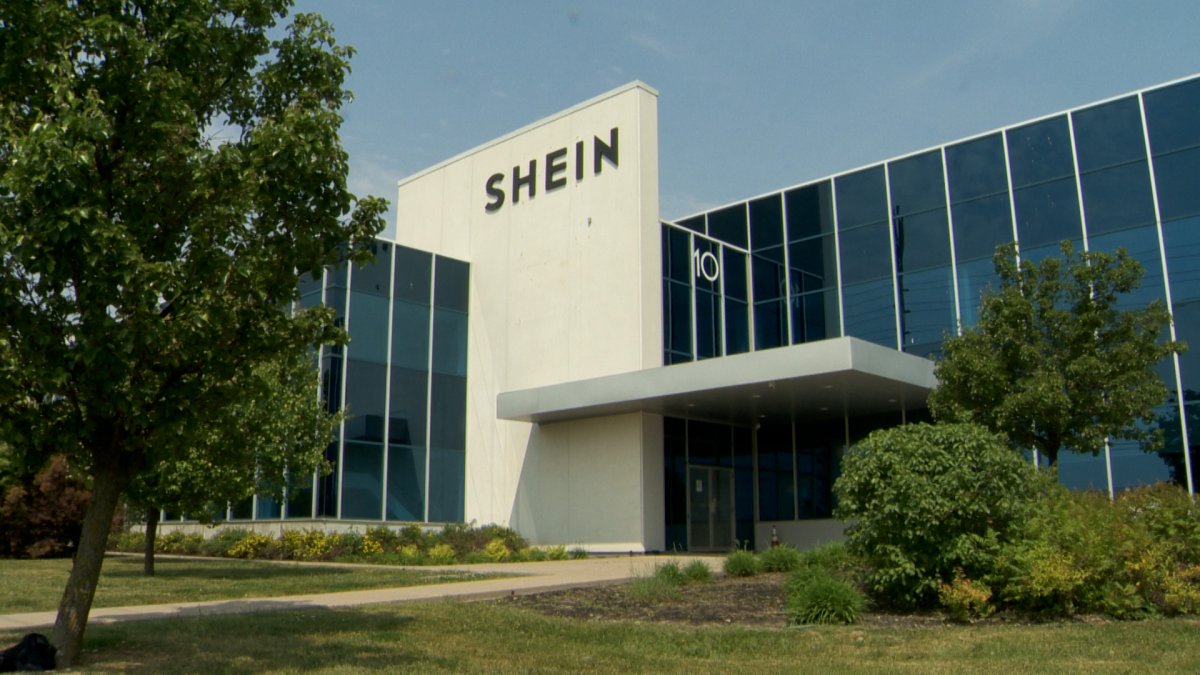


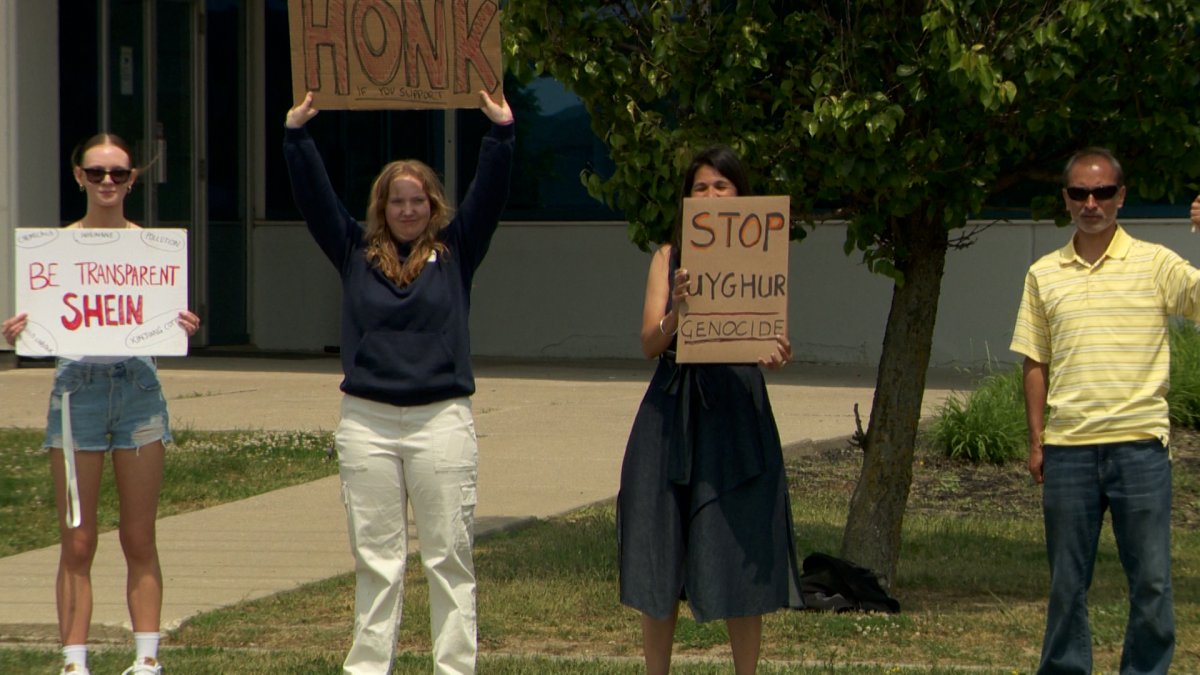
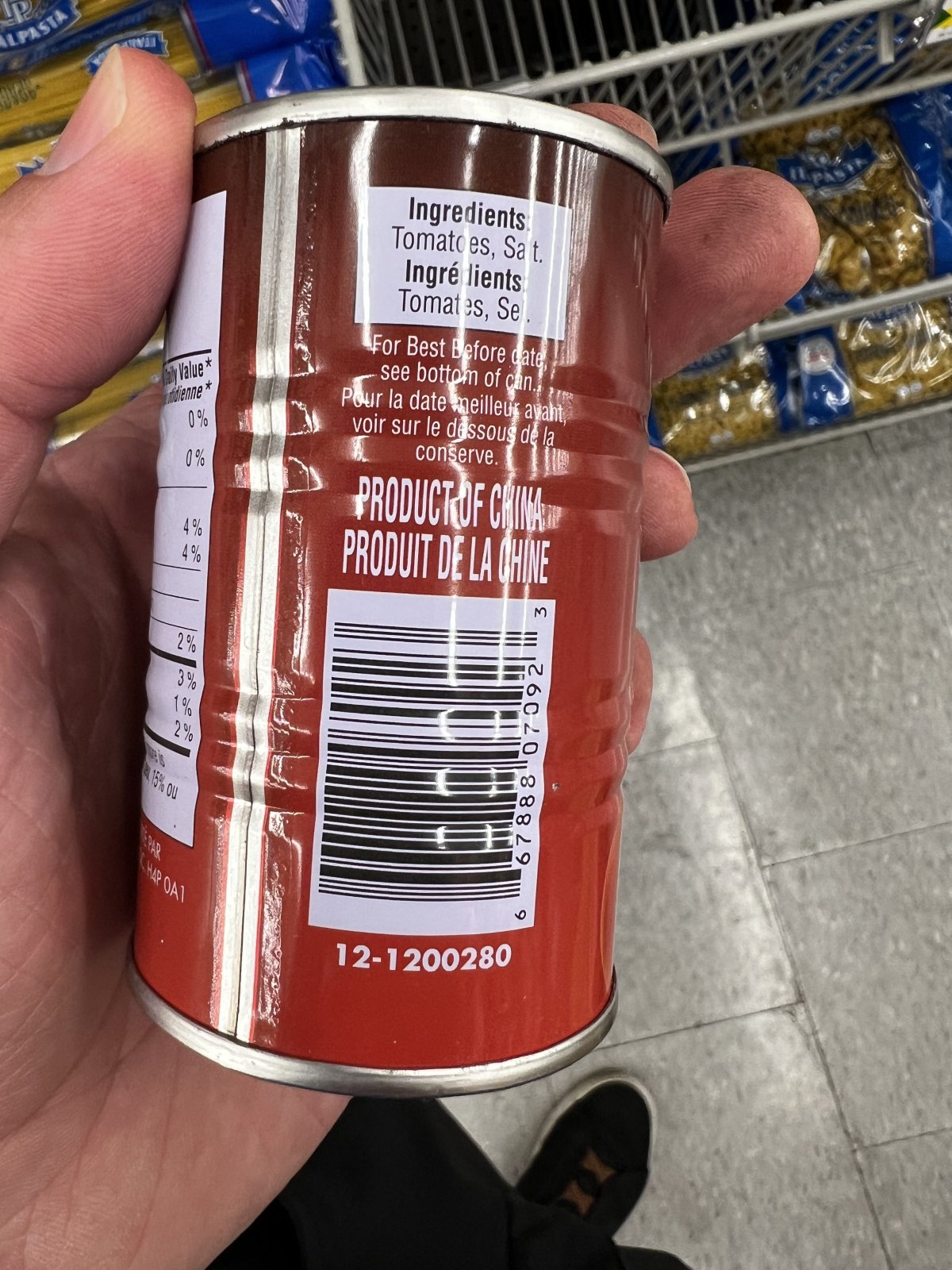
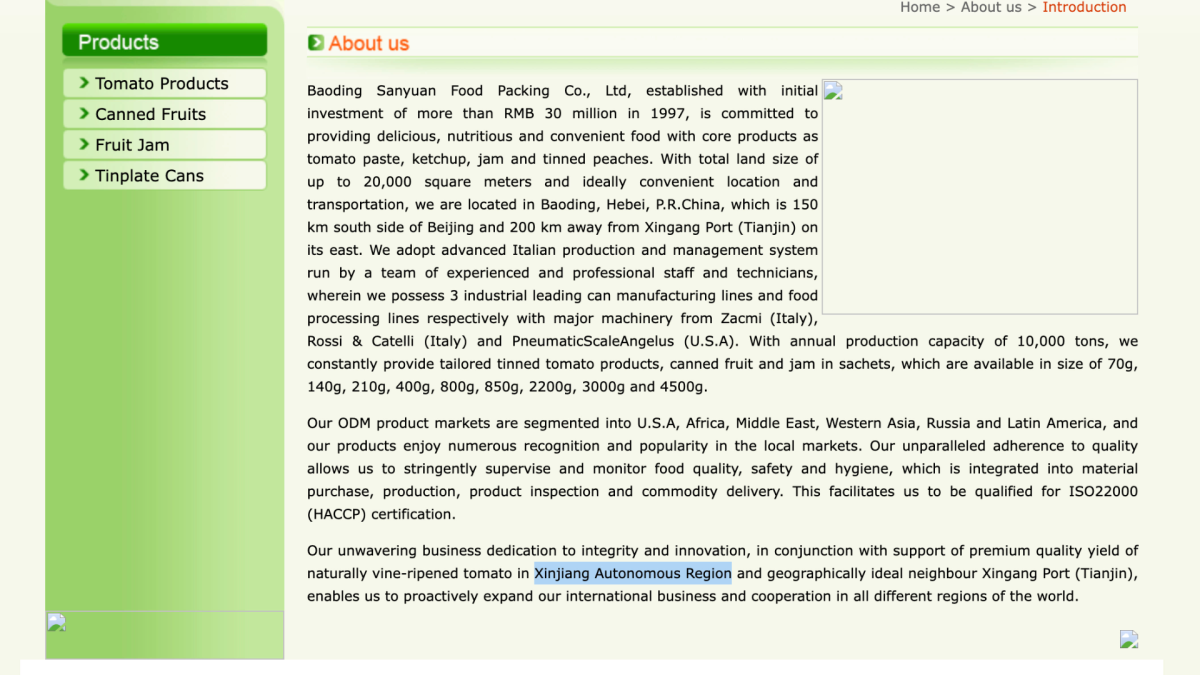
Comments